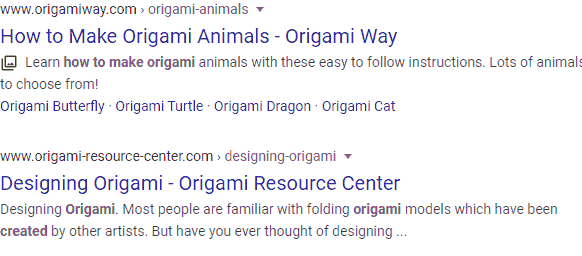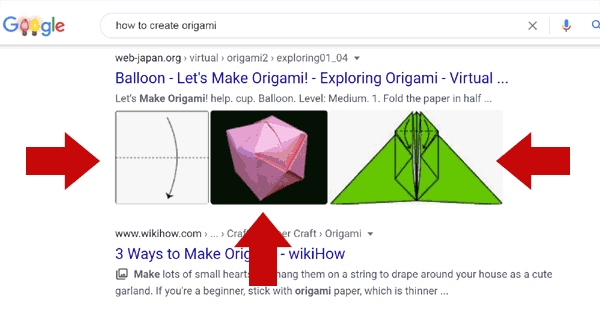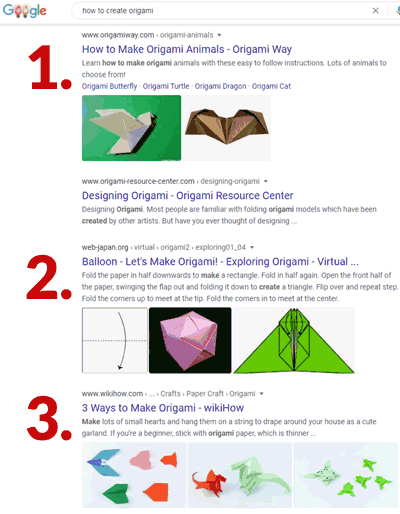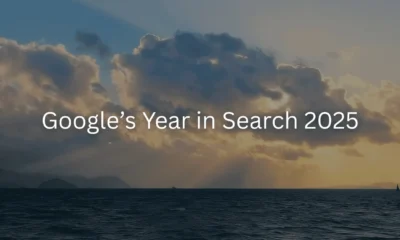Google Tests Interactive Search Results
Google is testing a new kind of search engine results pages (SERPs) that contain interactive elements that hide and reveal images. The test features a discrete icon that when clicks reveals images that are featured in the web page.
A feature like this could impact click through rates by giving sites with descriptive images a chance to influence users to click to their website.
Google hasn’t provided documentation for this new feature because it appears to be a test at this point.
It may be that the test helps Google understand if users interact with the icon and if it helps users understand whether the content on the website is relevant to them.
The usefulness of this kind of SERP feature may depend on the ability of publishers to select images that can help users determine what the content is about.
Google Tests Interactive Search Results
The test involves adding a small icon representative of a picture into the search result.
Screenshot Closeup of an Interactive Icon in the Search Results
![]()
The icon, when clicked reveals images that are from the site.
Screenshot of an Interactive Google Search Result

Presumably the images will help users determine if the website is relevant.
Google Tests on Live Searches
Google tests new features on a small percentage of total users. Google also uses a control group at the same time in order to compare what users clicked on during the same time period and presumably for the same queries.
In general, the purpose of a control group is to help researchers understand what users without a feature would do under similar circumstances as users with a new feature enabled.
With a control group the researchers are able to measure things like user satisfaction.
Google has published a How Search Works article about their live testing in which Google shares that they conduct over 17,000 live experiments every year.
“…we conduct live traffic experiments to see how real people interact with a feature, before launching it to everyone. We enable the feature in question to just a small percentage of people, usually starting at 0.1%.
After we collect enough data, we compare the experiment group to a control group that did not have the feature enabled.
We look at a very long list of metrics, such as what people click on, how many queries were done, were queries abandoned, how long did it take for people to click on a result, and so on.
We use these results to measure whether engagement with the new feature is positive, to ensure that the changes we make are increasing the relevance and usefulness of our results for everyone.”
Multiple Images in SERPs
The new feature allows multiple images to be activated in the SERPs.
Here’s a screenshot of the images of one search result activated:

And this is a screenshot of three images activated in a single search engine results page:

If this kind of feature rolls out to all users then it may be useful to have images that accurately depict what the topic of the page is about. Publishers should already be using images that precisely communicate the topic of the article.
This experiment provides insight into how an image can help communicate what a page of content is about.



![How AEO Will Impact Your Business's Google Visibility in 2026 Why Your Small Business’s Google Visibility in 2026 Depends on AEO [Webinar]](https://articles.entireweb.com/wp-content/uploads/2026/01/How-AEO-Will-Impact-Your-Businesss-Google-Visibility-in-2026-400x240.png)
![How AEO Will Impact Your Business's Google Visibility in 2026 Why Your Small Business’s Google Visibility in 2026 Depends on AEO [Webinar]](https://articles.entireweb.com/wp-content/uploads/2026/01/How-AEO-Will-Impact-Your-Businesss-Google-Visibility-in-2026-80x80.png)













